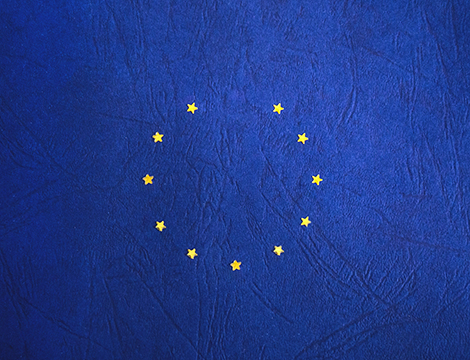
This article was originally published by the Centre for European Policy Studies (CEPS) on 15 July 2016.
The prospect of Brexit has kicked up a lot of dust around the now famous Article 50 TEU withdrawal procedure, and the form, scope and sequence of the ‘divorce’ and future framework agreements between the EU and the UK.[1] One issue that has received far less attention is whether the international agreements concluded by the EU will continue to apply to the UK after Brexit, and if so, how.
The EU has concluded 1,139 bilateral and multilateral agreements with third parties, ranging from trade, development and sectoral economic issues like aviation, energy and fisheries, to matters related to visa, human rights, and the Common Foreign and Security Policy (CFSP).[2] For those accords that fall squarely within the realm of the EU’s exclusive competences (e.g. classic free trade agreements) there is in principle no discussion: thanks to its single international legal personality, the EU and the third parties are the sole signatories to the agreements and will remain bound by them. A simple notification by the EU to the third parties might thus suffice to inform them that the EU no longer consists of 28 but 27 member states.
